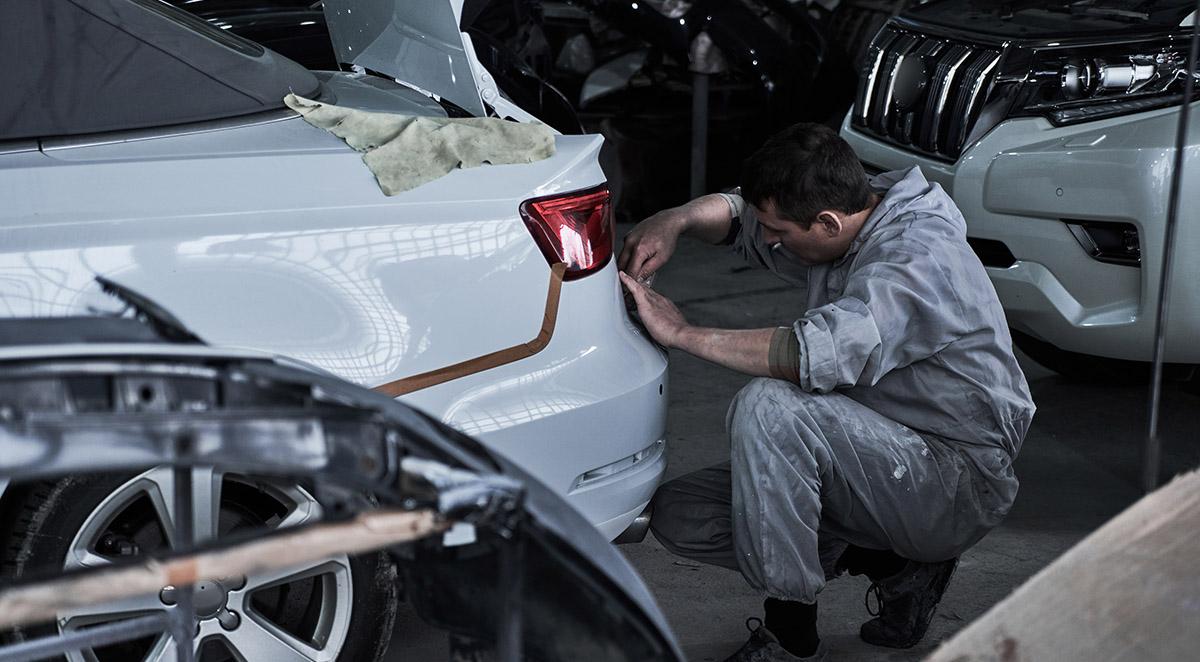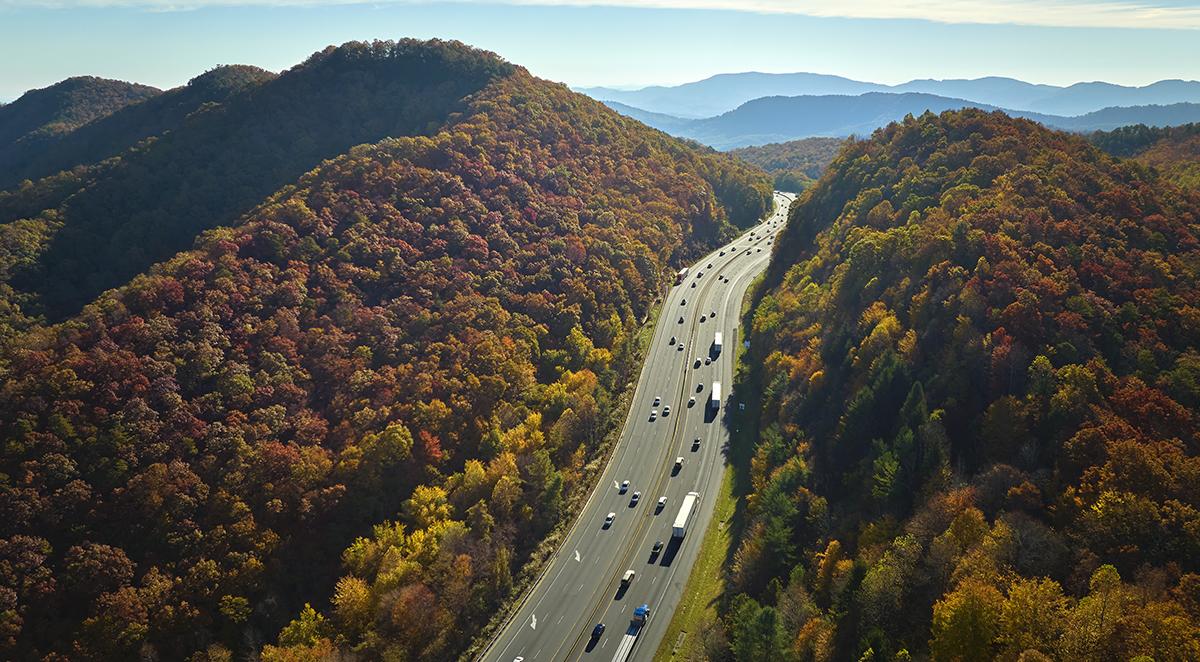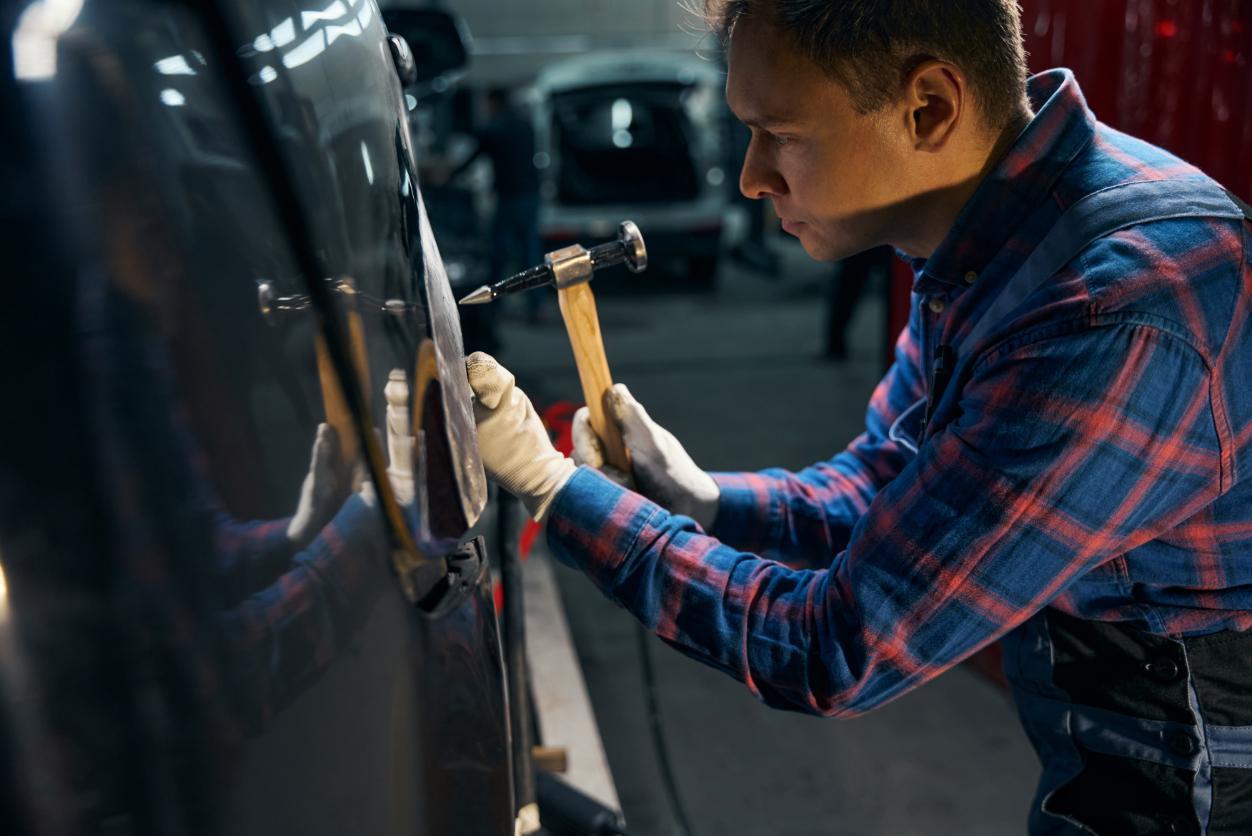Blog

Getting into a vehicle accident is stressful enough without worrying about what happens next. At First Aid Collision, we believe that understanding the collision repair process can significantly reduce anxiety and help you feel more confident about getting your vehicle back on the road. Whether you've been in a minor fender bender or experienced more extensive collision damage, knowing what to expect during auto body repair steps can make the entire experience smoother.

Winter in Western North Carolina brings stunning mountain vistas dusted with snow, but it also introduces challenging driving conditions that can lead to serious collisions. From icy mountain roads to sudden temperature drops, drivers in Asheville, Hendersonville, and Brevard face unique winter hazards that demand careful preparation and defensive driving skills.

Modern vehicles are engineering marvels, packed with sophisticated technology that makes driving safer, more efficient, and more comfortable than ever before. However, this same technology creates new challenges when it comes to collision repair. Unlike the vehicles of decades past, today's cars and trucks require specialized knowledge, equipment, and training to restore them properly after an accident. Understanding why modern vehicle repair demands such specialized attention can help you make informed decisions about where to take your damaged vehicle for repairs.

The holiday season unfortunately brings a significant increase in vehicle collisions. As Western North Carolina's trusted collision repair experts, we at First Aid Collision see firsthand how the combination of increased traffic, winter weather conditions, and holiday stress can lead to accidents that disrupt what should be a festive time of year.
In this guide, we'll share practical collision prevention strategies to help you navigate holiday travel safely, whether you're driving across town for shopping or across the state to visit family. We'll also provide guidance on what to do if you experience a collision despite taking precautions.

When you're involved in a collision, the damage to your vehicle often extends beyond what's visible to the naked eye. One of the most critical components that can be affected is your vehicle's frame – the structural foundation that keeps you safe on the road.